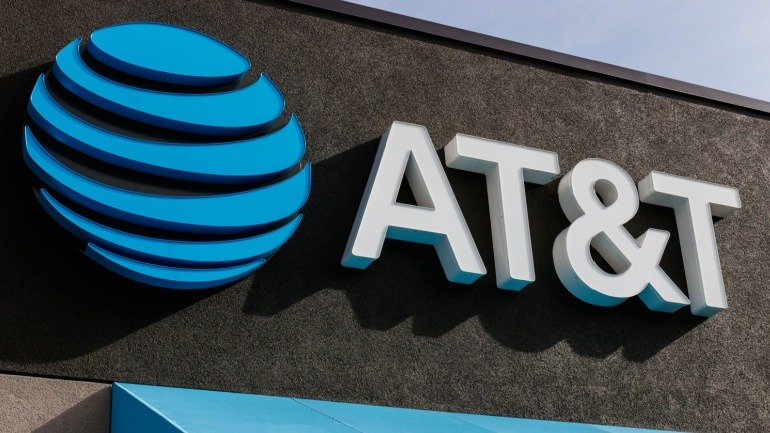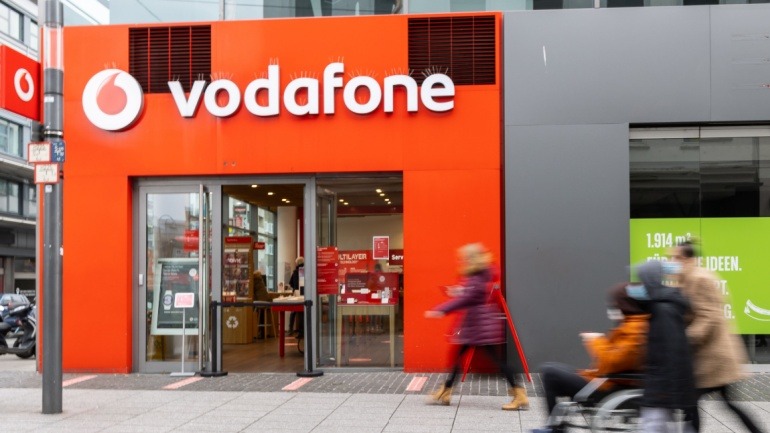Orange and Vodafone have announced significant progress in their collaborative Open RAN pilot project in Romania, now incorporating 2G capabilities. This development is part of their ongoing effort to innovate and optimize network technology.
The two telecom giants have been working together on this project for over a year. Initially, they planned to establish an Open RAN network with RAN sharing in certain parts of Europe, selecting Romania for the pilot. By October last year, they had successfully completed 4G Open RAN calls over a cluster of shared sites near Bucharest.
In their latest update, the companies revealed the addition of “fully integrated 2G virtualized RAN (vRAN) technology,” claiming it as an international first in a shared operational network context. This step is pivotal as it helps avoid the maintenance of legacy 2G networks on specialized hardware, which is still crucial for many IoT applications and areas with limited 4G and 5G coverage.
The importance of this innovation is underscored by the ongoing shutdown of 3G networks. Orange plans to start decommissioning its 3G infrastructure in Romania in June, aiming for complete shutdown by 2025, in line with a broader European strategy to phase out 2G and 3G by the end of the decade. This move emphasizes the need for robust virtualized RAN technology across 2G, 4G, and 5G networks.
Over the past six months, both operators have gathered valuable operational experience, enhancing their confidence in the maturity of virtualized networks. According to Orange and Vodafone, the performance of the Open RAN network has been comparable to traditional RAN networks during this period. This experience contributes to the broader goal of establishing a comprehensive Open RAN ecosystem in Europe.
While these advancements mark progress, they also highlight the slower-than-expected pace of Open RAN development. As the telecom industry continues to explore and implement these technologies, the tangible deployment and operational integration remain gradual.







